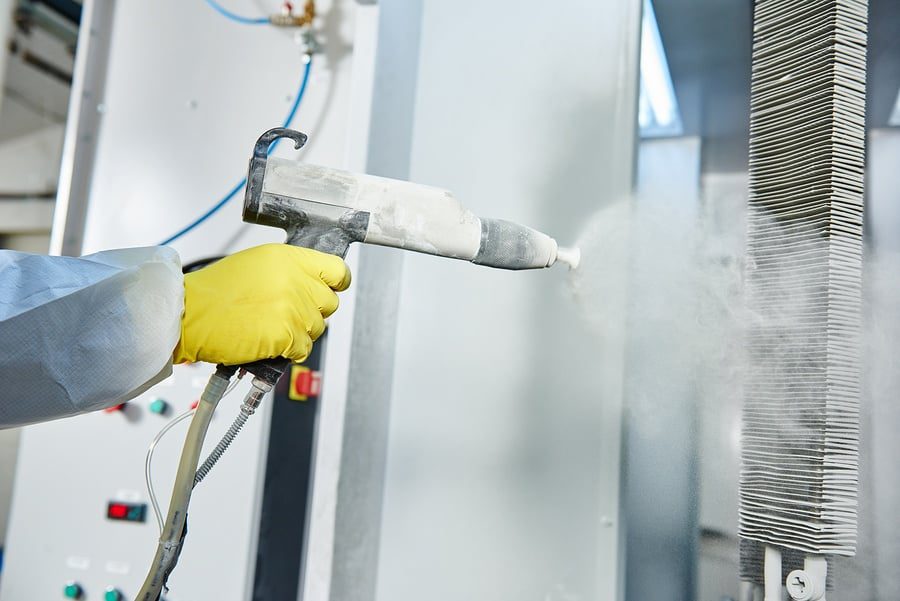I’m Filing Bankruptcy, What Happens To My House?
I’m Filing Bankruptcy, What Happens To My House?
With so many people filing bankruptcy these days there are many misconceptions that are floating around out there. People think that if they file bankruptcy they have to surrender their home and all of their property. This is far from the truth. There are liberal exemption amounts that are allowed when filing bankruptcy depending on what state the individual lives in. Again, filing for bankruptcy does not necessarily predetermine what happens to your home. Nowadays, many Americans are living in a home that they owed more on than it is worth. Some of them refinanced with one of those crazy loans when real estate prices went up, and many lenders were giving 125% of the appraised value. While others just bought in during the peak of the market. Needless to say, both of these individuals are obviously buried upside down in their home. Because the house is worth less than what the debtor owes, as long as the debtor continues to make the payments they can keep the house if they choose. In these tough times the last thing a bank wants is another house back.
When an individual decides that they need to file bankruptcy, they don’t need to decide at that time whether or not to keep their home or other property. This is one of the nice things about a bankruptcy filing, the debtor has all the way up to a few weeks before the discharge to change their mind if they decide to let something go in bankruptcy.
The basic idea of Chapter 7 bankruptcy is for the trustee to find nonexempt assets of value that can be turned into cash and split amongst the creditors. In a Chapter 13 bankruptcy, the amount of nonexempt property that a debtor is trying to keep is determined by the Chapter 13 payment plan. Basically, if it’s nonexempt the debtor can keep the asset as long as they buy it back from the creditors in the payment plan.
The bankruptcy trustee is not interested in attempting to sell a house that has no nonexempt equity. With today’s real estate market the trustee also has to take into consideration the time and cost of trying to sell a piece of property. They might put a house on the market and end up having to reduce the price and not receive anything except wasting their time. The bankruptcy trustee is only interested in something that can be easily liquidated and will produce enough value for the creditors.
When filing bankruptcy a person has a few options if they own their home. First of all, they can just keep the house as long as they can stay current on their payments and nothing changes. Next, the debtor can surrender the house and try to stay there as long as they can until the bank gets a foreclosure on the property. If the property has a deficiency when it’s foreclosed on, many times lenders will file a 1099C with the IRS, making the loss, taxable income for the debtor. That’s why it’s important to be honest with yourself and if you think you can’t afford the payments, this would be the time to surrender the home so you could discharge any deficiency in the bankruptcy. Another option is, get a load mod on the property so it’s more affordable. Lately, it’s been reported that only about 5% of these even go through, so this might be a waste of time. The last thing a debtor can do is try and sell the property. This again, depends on the amount of equity and the market where the property exists.
This gives a debtor of few options when filing bankruptcy. When deciding what’s best for your financial future the first stop should be consulting with a bankruptcy attorney to see what is feasible for your personal situation. When you own property this is the time that the decision should be made to keep it or let it go. Try to look into your crystal ball and make sure it will be affordable, if not let it go, you can always buy another house.






